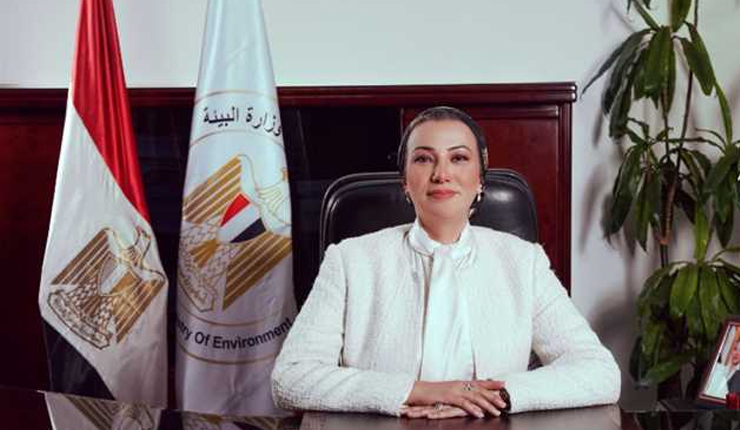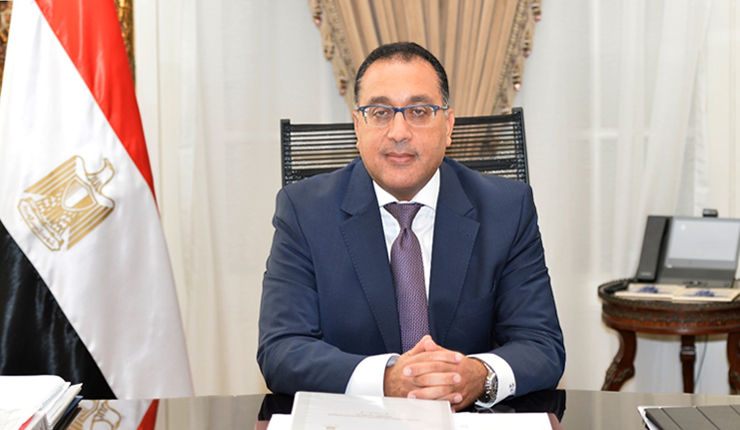During the UN climate summit COP27 taking place in Sharm El-Sheikh, the World Bank launched on Tuesday the Country Climate and Development Report (CCDR) for Egypt.
The report provides recommendations on how the North African country can attain its development goals while mitigating and/or adapting to the repercussions of climate change.
It sets three key growing climate and development challenges Egypt is facing, which, if not addressed, will deeply affect the poor and vulnerable and can put the country’s development goals at risk.
These challenges include the high uncertainty about the amount of Egypt’s available water resources.
“The Nile River provides about 97 percent of freshwater resources in Egypt. Climate change has significantly increased uncertainty around the availability of that water. Assuming available water resources and population growth remain constant, Egypt will reach the threshold for extreme water scarcity in 2033,” the report read.
In addition, climate vulnerabilities lie in densely populated cities and coastal areas, according to the World Bank report.
“In Egypt’s 14 major cities (including several coastal cities), over 80 percent of the population is exposed to at least one major climate or environmental risk, including flooding, heat stress, air pollution, desertification, and sea level rise,”
The report noted that Egypt’s shift to a green and low-carbon development path is not on pace with global markets, which may affect competitiveness.
“While Egypt’s contribution to global emissions is not high, economic growth is still tightly linked to greenhouse gas (GHG) emissions. Three sectors in Egypt (energy, transport, and industry) account for 80 percent of the country’s GHG emissions, and transport and industry account for 58 percent of total energy consumption. At the same time, preferences in international markets are shifting to greener and lower-carbon products, an area in which Egypt will be less competitive unless it moves towards a low-carbon development path,”
Tackling these challenges, World Bank outlined policy actions and investment opportunities that, if implemented over five years, could make the use and allocation of natural resources more efficient, reduce the impacts of climate change on people and businesses, and boost Egypt’s competitiveness in global markets.
Accordingly, the report has proposed preparing for compound climate risks by strengthening resilience and adaptation through reducing water losses to the 20 percent level and revising water supply norms to 80 percent of current levels.
“This could help Egypt save over two billion cubic metres of water annually and improve the spatial management of urban growth, which could preserve nearly 39,000 hectares of green areas and avoid growth in high-risk areas,” the report noted.
The bank also called for investing in expanding and improving information systems that share climate- and hydrology-related information with affected stakeholders, which would help mitigate risks and reduce the costs of flooding, the report said.
It also proposed strengthening the country’s competitiveness while achieving stated development goals by transitioning to a low-emission path through reducing emissions in the oil and gas production chain, and reducing inefficiencies in the use of energy for electricity generation and industry.

In addition, reducing emissions in the transport sector through demand management through pricing interventions and awareness-raising programmes could help achieve a reduction of 65 percent of GHG emissions by 2050, said the report.
The bank also called for key policy changes to alleviate investors’ perceived policy, regulatory, and technical risks that are needed to mobilise the private investment required for this transformation.
The World Bank report advised “focus on low-carbon cities to accelerate the fulfilment of GHG mitigation goals and enhance livability and productivity, which can deliver benefits valued at an estimated four times the required investments.”
Egyptian Environment Minister Yasmine Fouad said the World Bank report is in line with the goals of the country’s National Climate Change Strategy (NCCS).
The report reflects the country’s plans and priorities and emphasises the best strategies for parties negatively affected by climate change, especially in terms of funding and compensation, Fouad added.

She further said that Egypt’s report should be taken as a model for creating a favourable climate.
Meanwhile, Egyptian Prime Minister Moustafa Madbouly asserted Egypt’s commitment to integrating the climate and development report in its national strategies. He said the World Bank report sheds light on the different aspects of climate challenges and opportunities in Egypt, such as water security, climate flexibility, adaptation, and low-carbon development.
It also reflects COP27’s main theme of “shifting from commitments to implementation,” Madbouly added.


